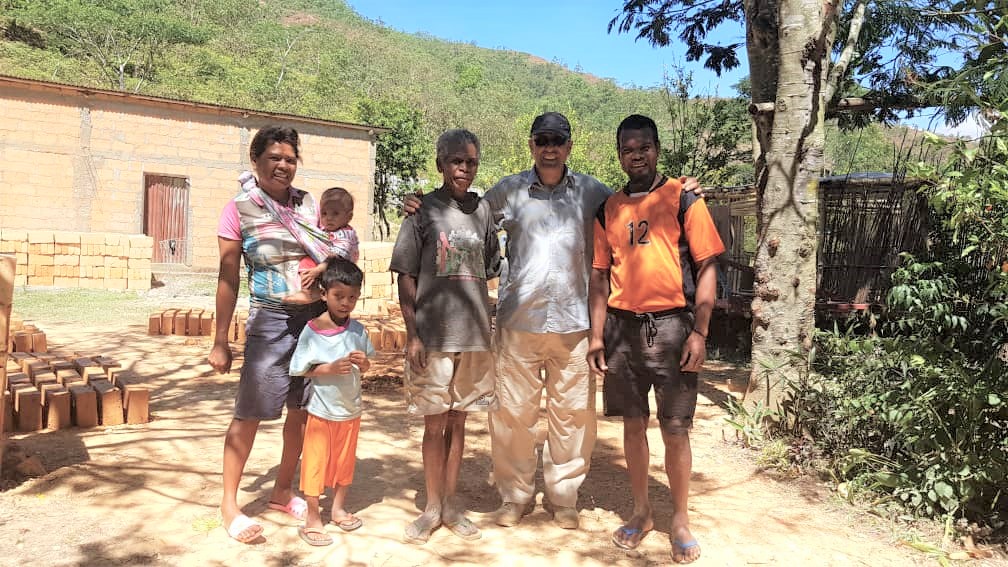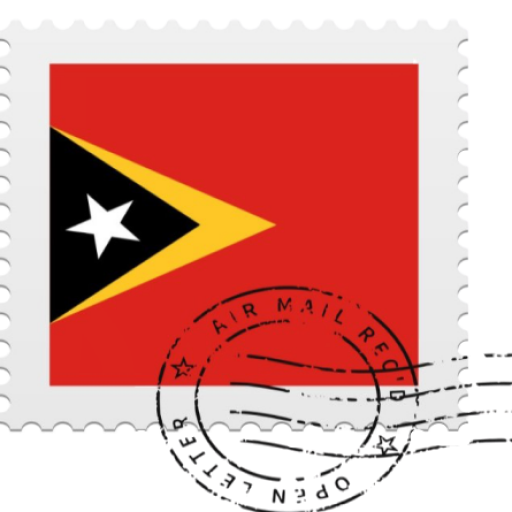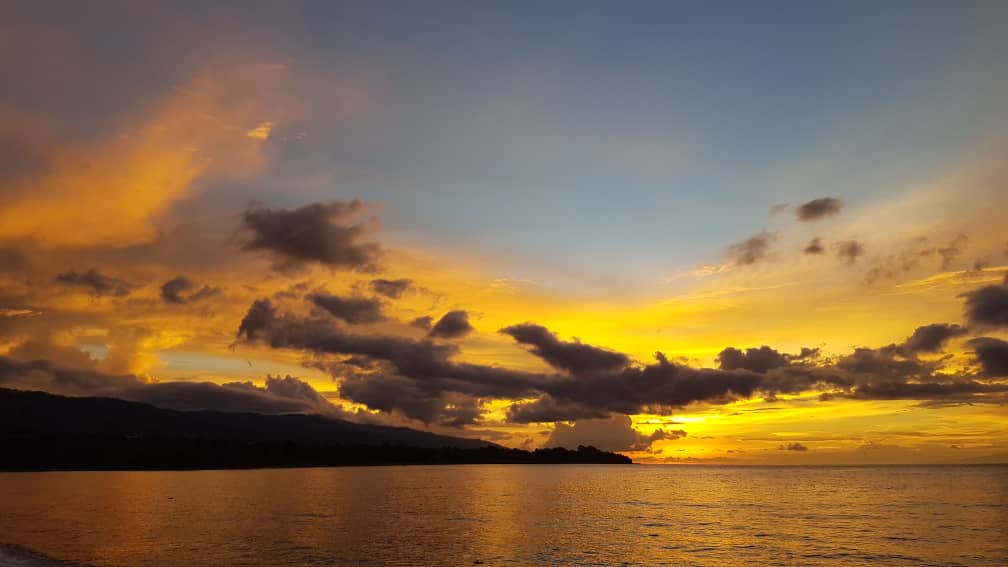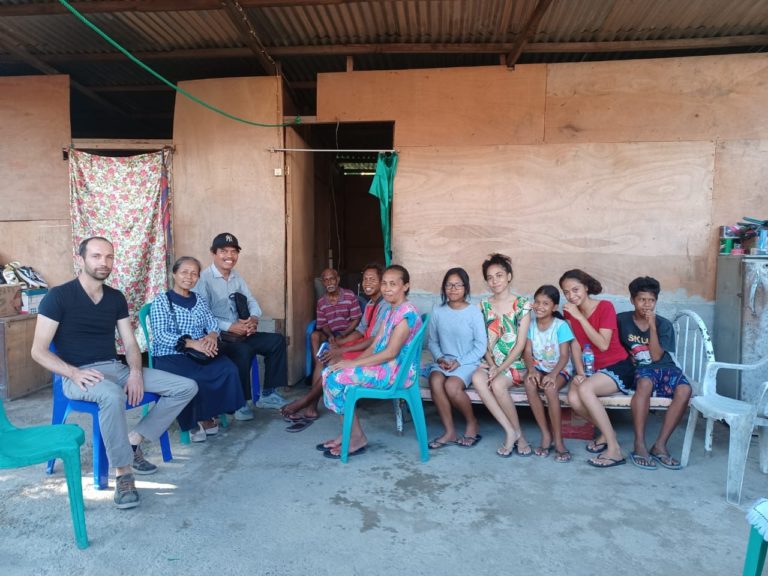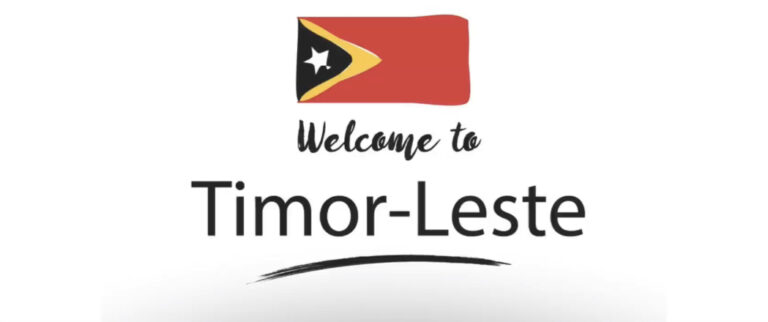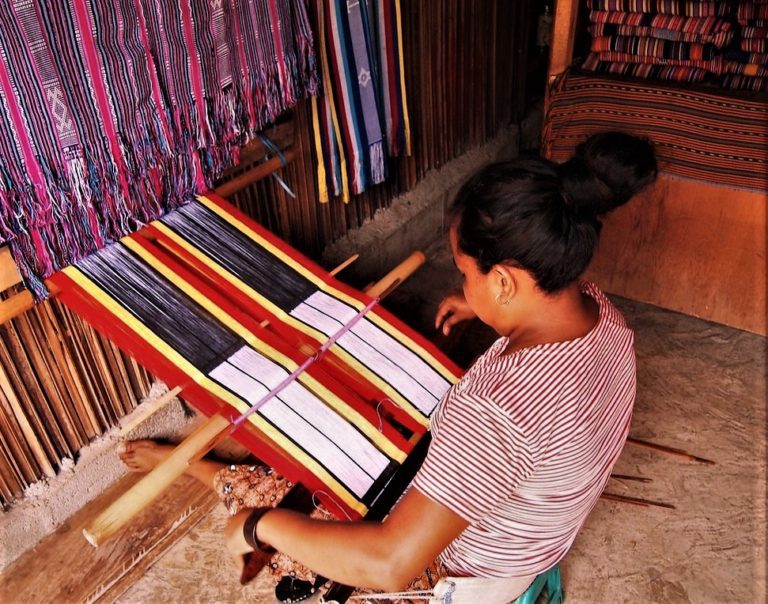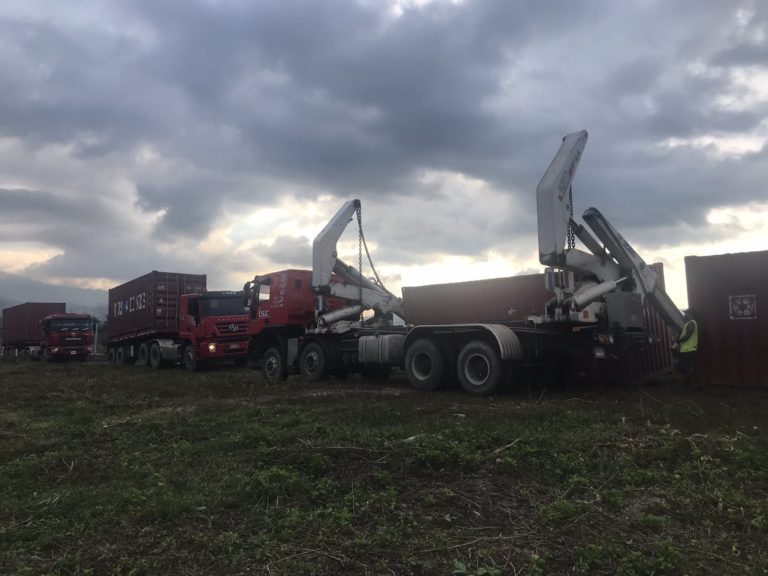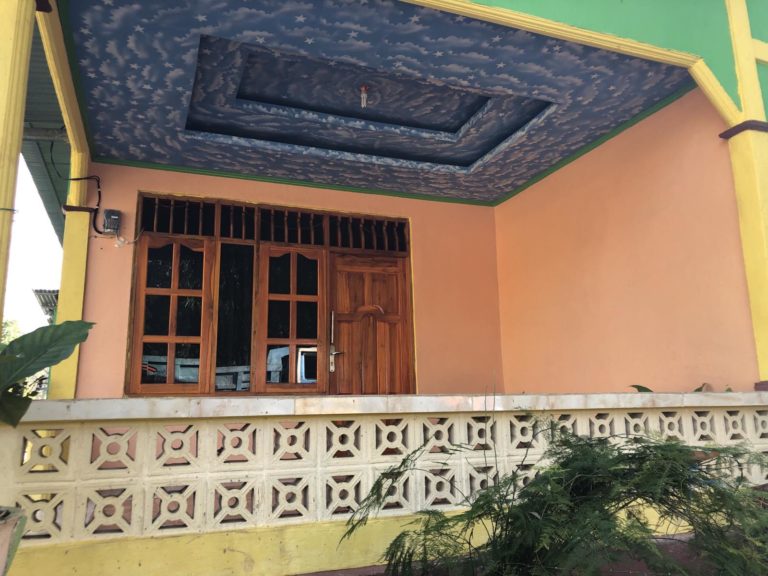Liquiçá – a new stage in our journey in Timor
at the end of two years, teaching in Maliana, my wife received an affirmative response to her mobility request and was seconded to Liquiçá, a city to 35 km da capital, where we stayed for two years.
It was a very different experience to drive the car about 45 minutes to Dili, a capital, compared to 4 what time it was when I left Maliana.
Liquiçá is a city by the sea, with a lot of movement, as it is a crossing point for other municipalities.
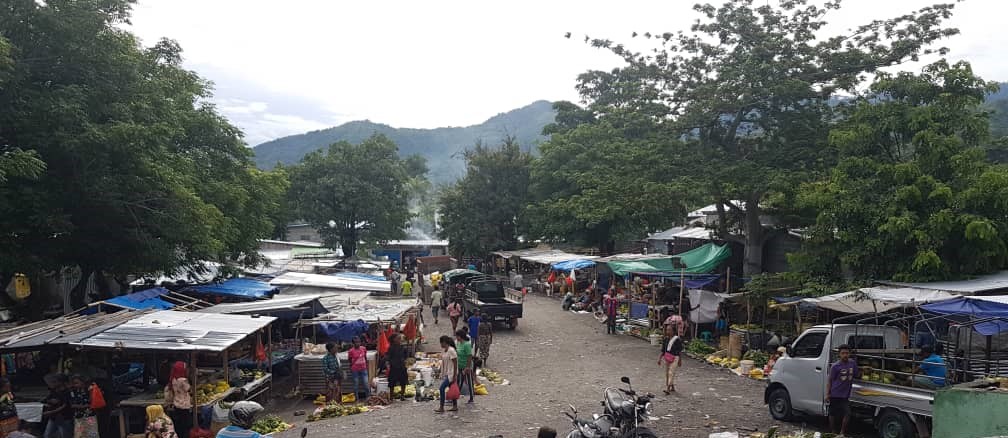
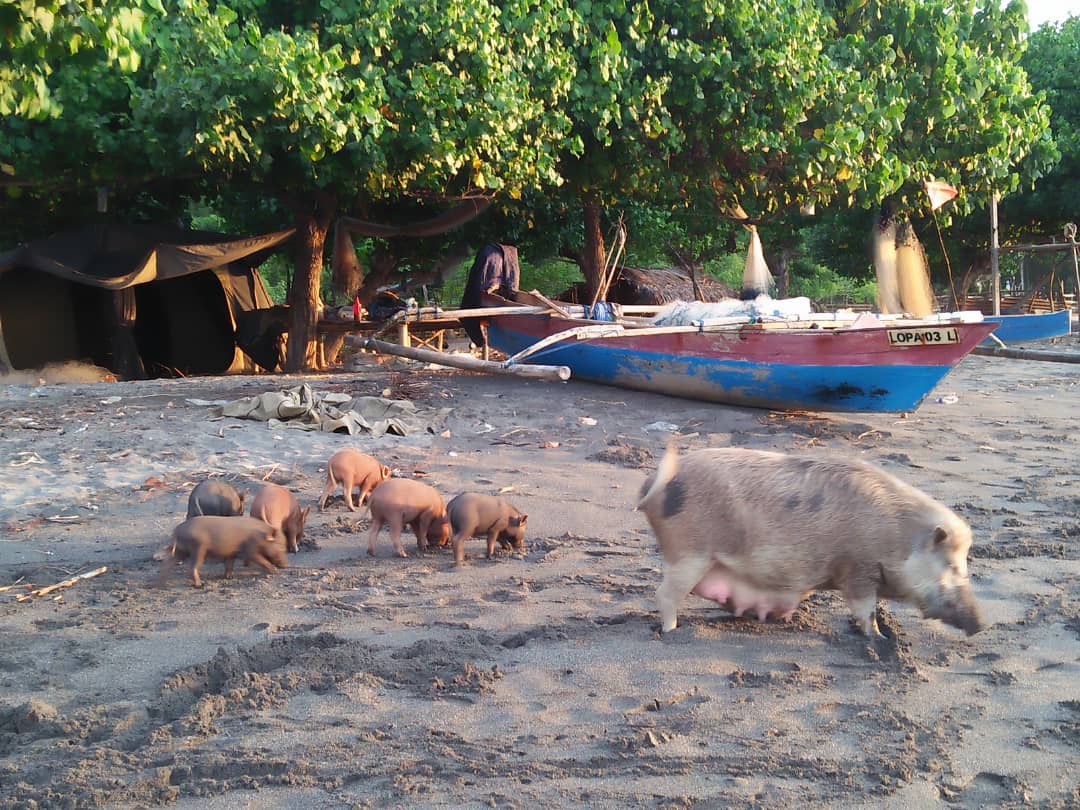
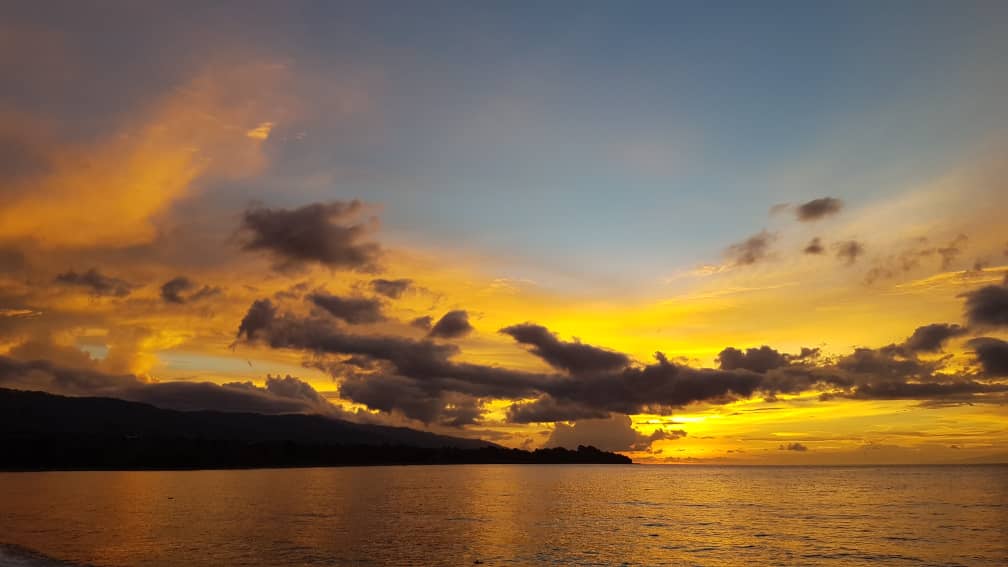
people live, basically, fishing and trade.
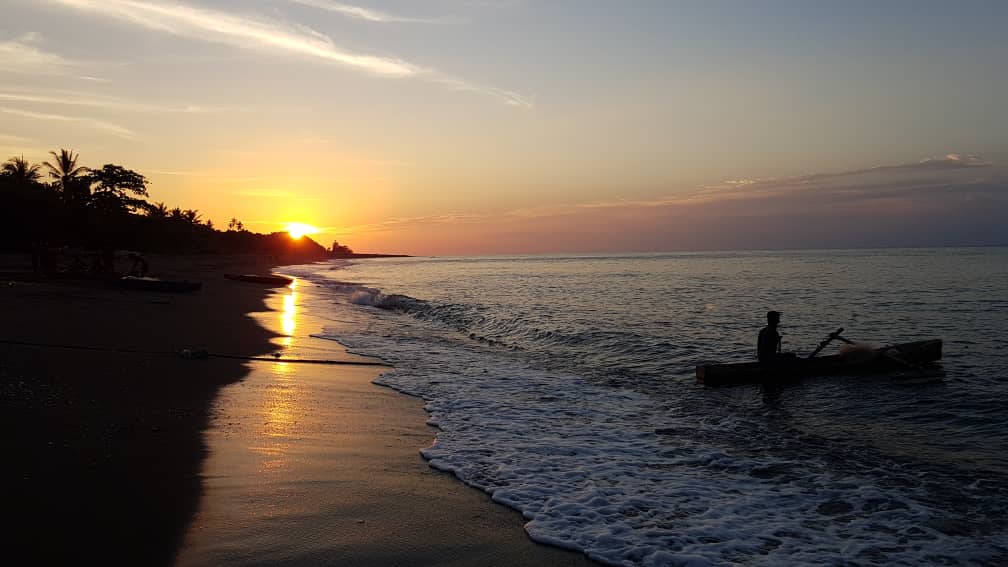
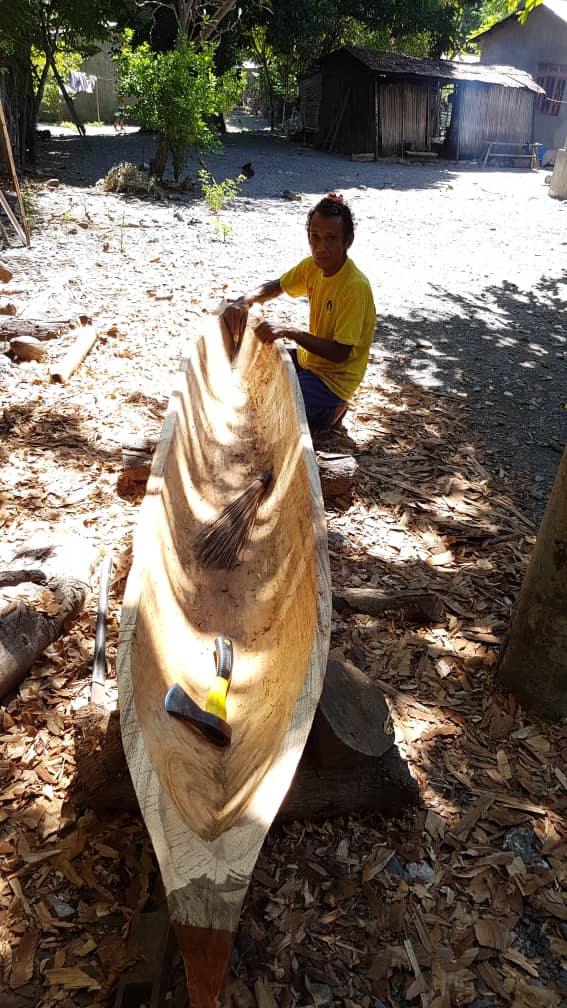
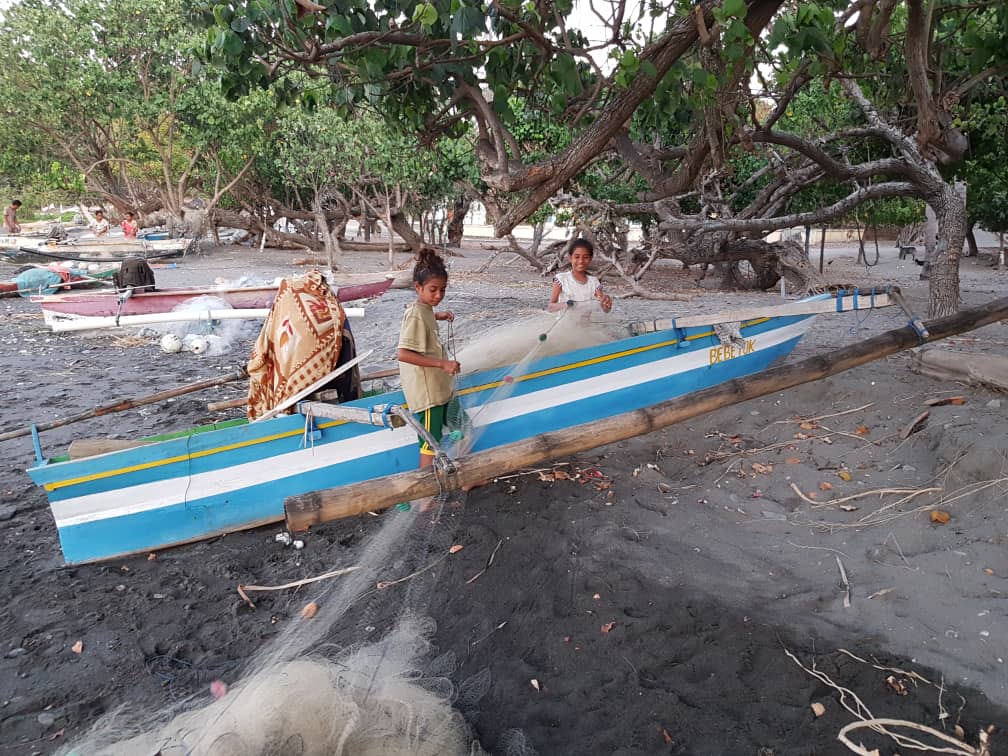
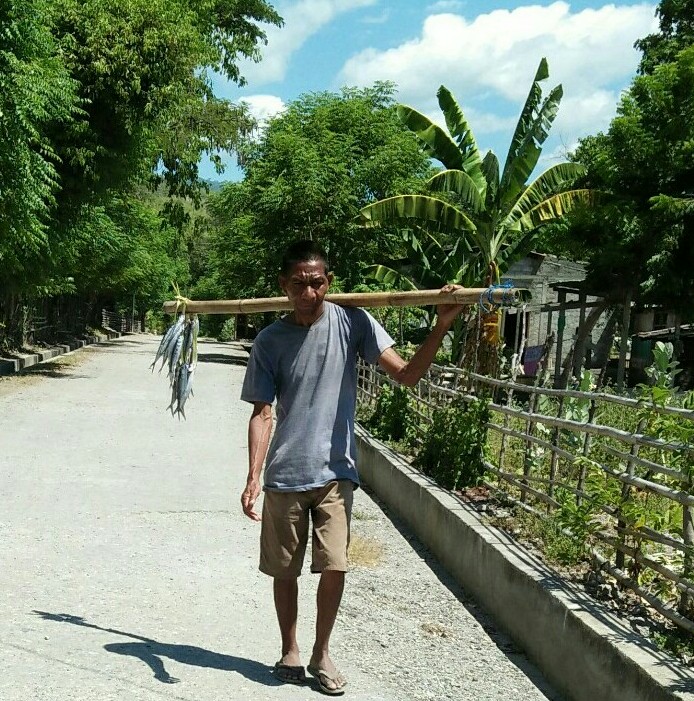
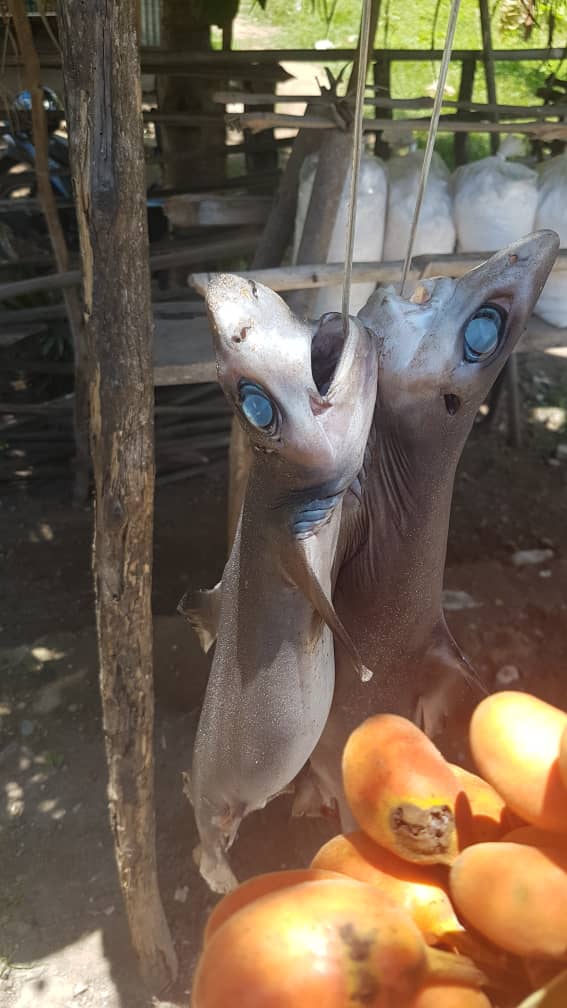
we rented a house, that was repaired by me and Radu, a young Romanian who wanted to come and help us and was with us for about a month (I will talk about it in one of the next articles).
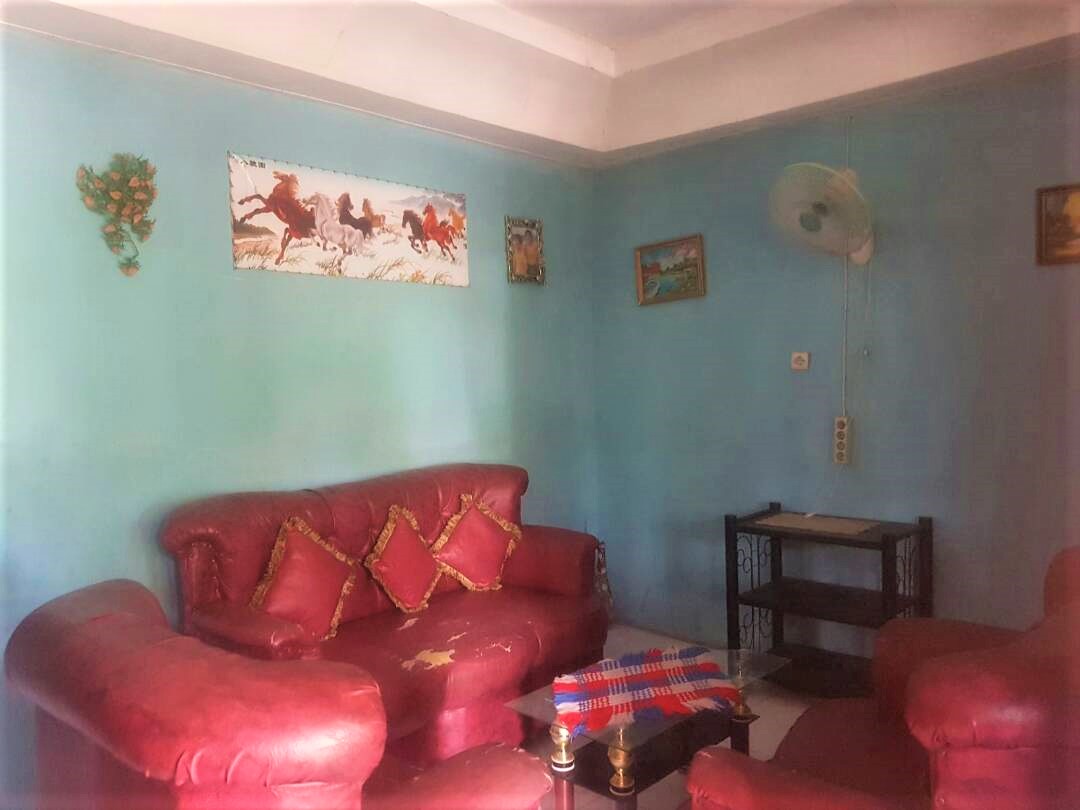
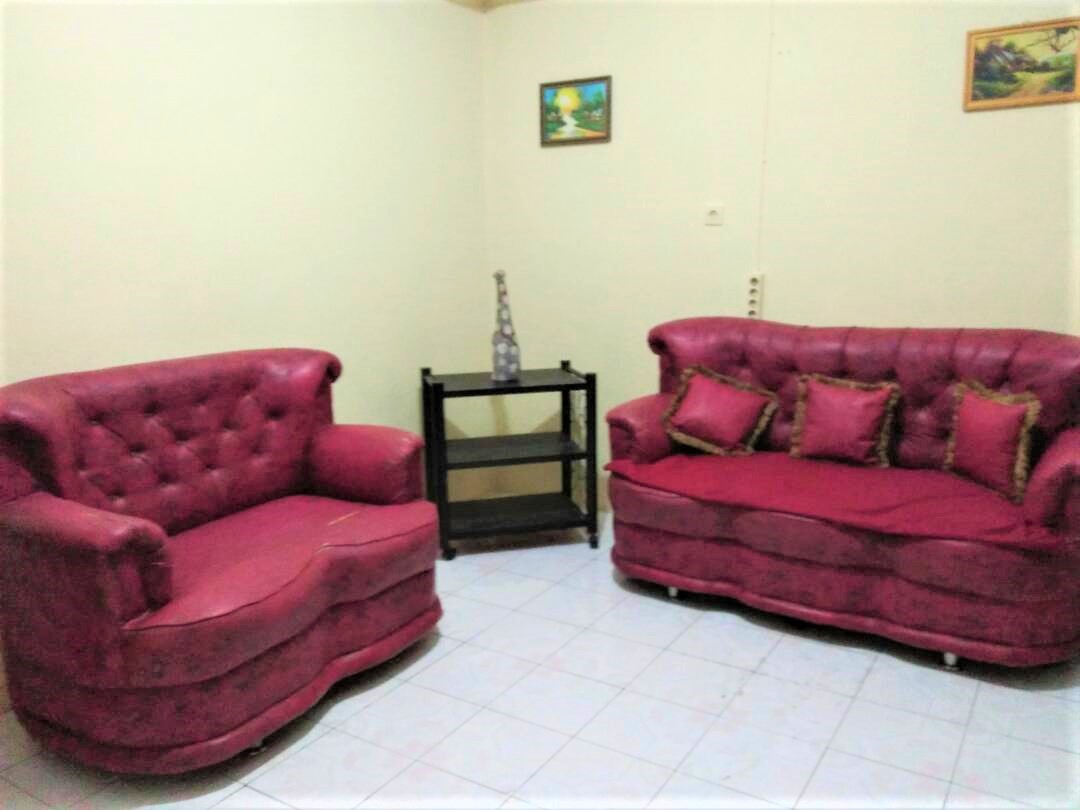
I continued the incessant search for the desired terrain, which should be in a place conducive to the installation of bees and the beekeeping. I found dozens of lands that, although they were located in the areas that interested us, were too small to satisfy our needs. The first land I found, with about 2 hectares, we managed to negotiate a good price and then we paid a cadastral team to do the final measurement of the terrain and the respective map, because we were gathering the last documents to carry out the purchase and sale contract, after all we had a final meeting with the village chief and all the inhabitants of that community in order to better explain to them what our project consisted of. When we first spoke to the owner of this land, we invited the village chief to be present at the presentation I made and they were very excited and happy with the possibility of receiving free training in the different areas of our project: organic agriculture and beekeeping, health, TIC, accounting, masonry, carpentry, plumbing, electricity, among others.
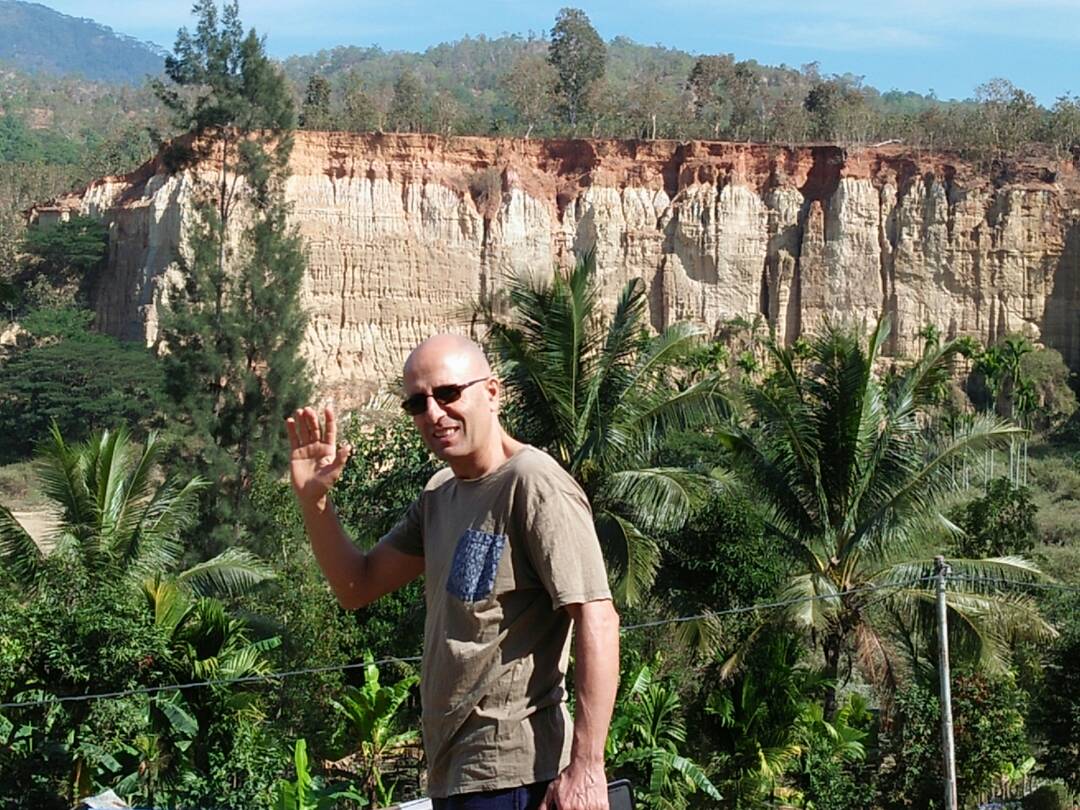
The village chief committed to publicizing our project to the community and assured us of all his support and collaboration in everything that was necessary.. However, on the day I introduced, in details, the phases of our project and its dimension in order to teach those who were interested in learning these crafts, that whole community, near 60 men, wanted to work for us and earn money and were not interested in receiving training, because they said that they were tired of being exploited for so many years by the Portuguese and Indonesians and that now that they had freedom they wanted to be the owners of those lands, enjoying them according to your will.
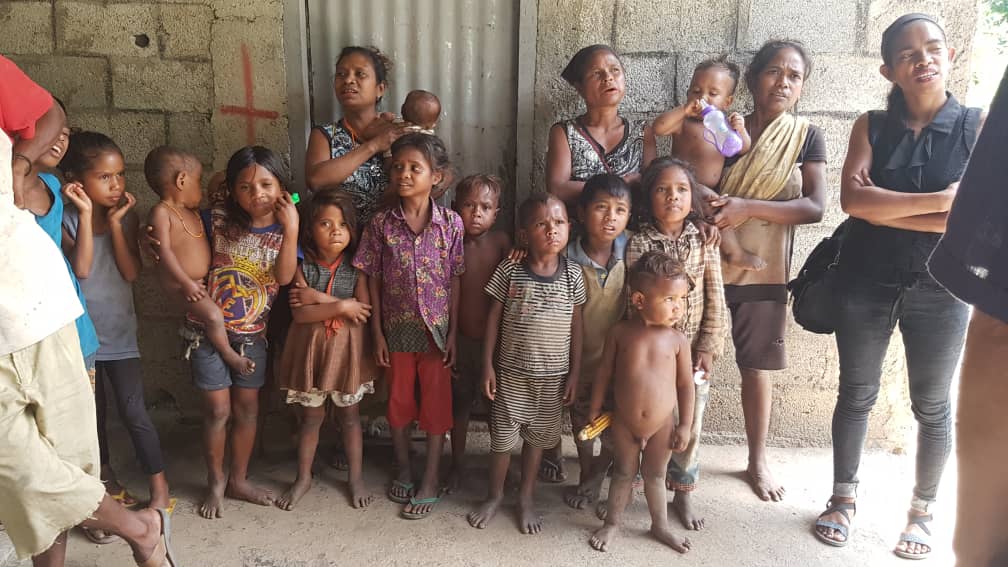
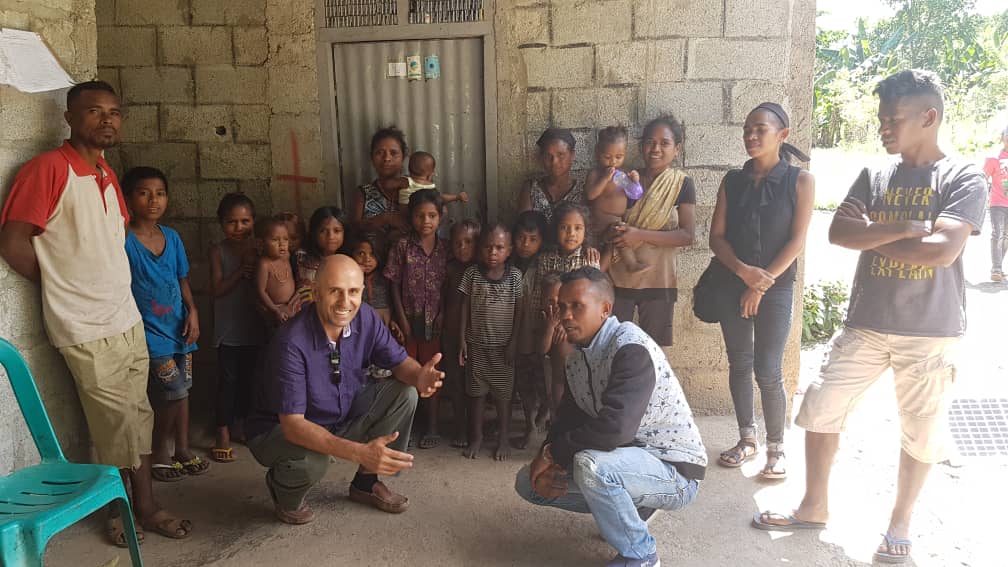
I tried to explain to them the importance of receiving the much-needed training in these areas so that, after acquiring the proper teachings, could become the masters of their work and get the most out of it, reaching your ideal.
Unfortunately, all my efforts were in vain, they didn't want to understand insisting they just wanted work. I explained, several times, that our project did not have the capacity to give work to so many people, but rather aimed at training young people who wanted to master these crafts, especially working with the bees in the boxes. According to the agreement we had reached with the Ministry of Agriculture and with CEFOPE (professional training center) was that after finishing the training course, young people who wanted to create associations to invest in this area, could receive the necessary subsidies for the development of projects, always getting, for free, our technical assistance (both in the process of each stage of beekeeping work, as well as in the construction of the necessary beekeeping material).
Even after knowing that the Timorese State itself was interested in supporting the development of this type of activities, their final answer was the same: get work for everyone, or would not allow the realization of this project.
Thus, disappointed, we closed another chapter of our adventure in search of the much desired terrain and reoriented ourselves to a new search, in another area.
